Neither “liberal” nor “conservative”?
How the Francis pontificate will help determine what kind of Pope we’ll have next…

Photo Grzegorz Galazka
Pope Francis is 87 years old. He could have many years left on this earth, despite the various health challenges he has endured thus far. But that does not dull the widespread perception that the next conclave is coming, and it is time to learn the lessons that the Francis pontificate may have to offer.
Among those pondering these lessons is British Catholic journalist Damian Thompson, former editor of the UK’s Catholic Herald, currently an associate editor at The Spectator and blogger on Unherd.com and other platforms. In a lengthy and widely-cited April 2024 essay on Unherd.com, Thompson introduces his subject forthrightly:
“The cardinals are already meeting to discuss who should be the next Pope.”
Thereafter he conducts a wide-ranging assessment of the factors which the cardinal electors in the next conclave will likely take into account in the wake of the Francis papacy. With decades of journalistic experience and a number of well-placed sources in the Vatican to aid him, Thompson speculates on how that accounting may play out. Below we excerpt a couple of passages from Mr. Thompson’s essay, titled “The Scandals Haunting Pope Francis,” as part of our coverage in coming issues of the last years of the reign of Pope Francis, and the future of the papacy.
Will fallout from scandals like the Rupnik and Zanchetta cases trump allegiance to labels like “liberal” and “conservative”?
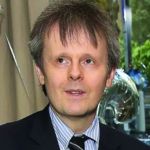 Excerpts from DAMIAN THOMPSON’s much-discussed piece on Unherd.com, “The scandals haunting Pope Francis: Scheming cardinals are sharpening their knives”
Excerpts from DAMIAN THOMPSON’s much-discussed piece on Unherd.com, “The scandals haunting Pope Francis: Scheming cardinals are sharpening their knives”
However hideous the scandals associated with this pontificate, it’s unlikely that they will influence the next conclave as much as the document signed by Francis on 18 December last year. Fiducia Supplicans changed the dynamics of the electoral college — not just because it forced Catholic bishops to address the radioactive topic of homosexuality that has torn apart the Protestant Churches, but also because it summed up the catastrophic incompetence of this pontificate.
At least three quarters of the future cardinal-electors will have been appointed by Francis.
So you might think that the conclave, while recognising Fiducia as a blunder, will be looking for a Pope who supports Francis’s relatively undogmatic approach to issues of human sexuality.
And so it might — if he’d created enough liberal cardinals. But he hasn’t.
In the early years of his reign, Francis adopted a tribal approach, especially in the United States. It was as if he was playing a Peronist board game, moving red hats to unlikely sees occupied by Bergoglian loyalists. Newark, New Jersey acquired its first cardinal: Joseph Tobin, who had been close to Ted McCarrick. Los Angeles was punished for having an orthodox archbishop, José Gomez, who really had his nose rubbed in it: instead of becoming the first Hispanic cardinal, he had to watch the honour go to his über-liberal suffragan Robert McElroy of San Diego, accused of ignoring warnings about Ted McCarrick’s predatory habits. Chicago got a red hat, as is customary, but it landed on the head of the aggressively Left-wing Blase Cupich, needless to say a Francis appointee.
From the peripheries
Elsewhere in the world, Francis adopted a policy of appointing cardinals from the “peripheries”: Mongolia’s 1,450 Catholics have one; Australia’s five million Catholics don’t. Tonga has one, Ireland doesn’t. But, by doing so, he had to abandon his game of boosting liberals and twisting the tail of his conservative critics. These factional labels don’t mean much in the developing world. In the last two consistories he has created 33 cardinals, only a handful of whom hold Western-style radical views on sexuality. To quote one Vatican analyst: “Francis has wasted his chance to firmly stack the deck for the next conclave.” And now the college is full; even if he lives to call another consistory, he won’t have many places to play with.
The new cardinals tick various Bergoglian boxes. They relish the Pope’s attacks on free-market capitalism and his melodramatic warnings about climate change. None of them is a Right-wing traditionalist and until recently no one paid much attention to their ferocious views on “sodomy.”
Now those views really matter.
To quote the same analyst, “when Fiducia Supplicans was published, the African cardinals ditched their Francis-worship overnight. The vast majority won’t vote for anyone who has backed Fiducia.”
There are currently 17 African cardinal-electors; nearly all of them are in the anti-gay bloc. To these we can add at least 10 cardinals from Asia, Latin America and the West who share their views, even if they use milder rhetoric. Under current rules, a Pope must be elected by a two-thirds majority of the cardinal-electors. This means that social conservatives, if they join forces with the significant number of moderates alarmed by Fiducia, can block anyone seen as progressive on homosexuality.
That’s bad news for Cardinal Luis Tagle, the ambitious former Archbishop of Manila. He was once dubbed the “Asian Francis” on account of his showmanship and socially liberal views. In 2019 Francis put him in charge of worldwide evangelisation — a huge prize that was snatched away when the Pope restructured his department and sacked him as head of Caritas, the Catholic aid agency dogged by sex abuse scandals.
It’s also tricky for Cardinal Matteo Zuppi, the affable bicycling beanpole who’s Archbishop of Bologna. His politics are socialist — no problem for developing-world bishops — and during Benedict XVI’s reign he developed an enthusiasm for the old liturgy, even learning how to celebrate the Tridentine Mass. His stance on homosexuality is cautious — but he allowed a gay couple to have a Church blessing in his diocese. (…) Zuppi isn’t a fan of Fiducia Supplicans, but at the moment he’d run up against the blocking third.
Liberal, conservative or… moderate?
Hardline liberals stand even less of a chance. Blase Cupich of Chicago isn’t papabile; nor are the “McCarrick boys” Tobin, McElroy, Gregory and Farrell, or the veteran European Leftists Hollerich, Marx and Czerny. The name of the Maltese Cardinal Mario Grech has been mentioned because he’s secretary general of the “synod on synodality,” a consultative body of bishops and lay activists that the Pope notably didn’t bother to consult about the new gay blessings. Grech, unkindly nicknamed “the Bozo from Gozo,” has seen his reputation collapse along with that of the toothless synod. His enemies describe him as the biggest toady in the Curia (unfair to Arthur Roche, many would say).
As for hardline conservative papabili, there really aren’t any; Francis has at least made sure of that. But there is a moderate conservative possibility: Cardinal Péter Erdő, Primate of Hungary. Unlike the exuberant, tearful Tagle, he’s an emotionally reserved scholar. When I met him for coffee in London years ago, we were half an hour into the laborious business of using a translator when he suddenly switched into fluent English. He has the reputation of disliking the limelight and being a bit thin-skinned — but at a synod on the family in 2015, despite arm-twisting from papal apparatchiks, he used his position of relator-general to deliver a masterful defense of traditional teaching. One Vatican-watcher describes him as “boringly conservative, which may be exactly what we need right now.”
What about moderate cardinals who are difficult to pigeonhole? The newest papabile is Pierbattista Pizzaballa, the Italian-born Latin Patriarch of Jerusalem. In recent months the horrors on his doorstep have revealed a diplomat of rare skill. His condemnation of IDF attacks on civilians in Gaza earned him a rebuke from the Israeli foreign minister — but he had earlier condemned Hamas for its “barbarism” and offered himself as a hostage in place of Israeli children. And while it’s not hard to believe him when he says he has absolutely no wish to be Pope, it’s possible he may be forced to think again.
But any Vatican-watcher will tell you that new papabili flash through the sky during the last days of a pontificate. This time around they are busy memorising the names of Asian electors. (It’s generally assumed that after Francis we can forget about another Latin American or Jesuit for a few centuries.) Three names keep cropping up: William Goh from Singapore, orthodox on sexuality, quietly critical of the surrender to Beijing; Charles Maung Bo from Myanmar, also a critic of the China deal; and You Heung-Sik, the new prefect for the dicastery for the clergy from South Korea. Cardinal You is a fascinating figure: a teenage convert to Catholicism whose father had either been killed or defected to the North — no one knows. He then converted the rest of his own family. His faith is joyful and his vision of priestly formation far more attractive than Francis’s bitter tirades against “clericalism.”
Finally, we have to consider the most senior of all the papabili — Cardinal Pietro Parolin, who as Secretary of State (a mixture of prime minister and foreign secretary) is technically number two in the Vatican. The 69-year-old Italian is visibly on manoeuvres and his candidacy is being taken seriously. And that in itself is odd, because Parolin was in office when his deputy Becciu and others were embezzling or gambling with billions of dollars from Church funds. Also, he was the architect of the Vatican’s 2018 deal with Beijing, which — as former Hong Kong bishop Cardinal Joseph Zen warned him — would turn the Chinese Catholic Church, including persecuted underground believers, into a wholly owned subsidiary of the Communist Party.
That is precisely what happened. Zen, now 92 and regarded by many orthodox Catholics as a living saint, has used extraordinary language about Parolin: “He is so optimistic. That’s dangerous. I told the Pope that he [Parolin] has a poisoned mind. He is very sweet, but I have no trust in this person. He believes in diplomacy, not in our faith.”
The new watchword: “above reproach”
It’s a fair bet that, in their pre-conclave conversations, most cardinals will agree that the next Pope must be someone capable of supervising an emergency repair job that clarifies doctrine and the scope of ecclesiastical authority and puts an end to the jihad against traditionalist Catholics, many of whom are a generation or two younger than the jargon-spouting Boomers harassing them.
Also, the cardinals know they must delve deep into the past of the leading contenders. They have no choice. The next Pope will face instant, merciless scrutiny from online investigators. A 2021 article in The Tablet by Church historian Alberto Melloni described an all-too-credible catastrophe: “The newly elected Pope steps out. And as he smiles and humbly introduces himself to the crowds in the square, a lone social media post makes a stunning allegation.” The new Pope, when a bishop, had failed to act against a priest who went on to commit further crimes. “In the square and in the press boxes, eyes drop from the balcony to their smartphones… The Pope steps back inside, and resigns. The see is vacant again.”
The necessary scrutiny will be an awkward business, but at the very least the cardinals mustn’t repeat the mistake made by their predecessors in 2013 — that is, taking a candidate at his own estimation. The truth is that many Catholics in Argentina from across the ideological spectrum knew about Francis’s character flaws: his compulsive secrecy, score-settling, disturbing alliances and rule by fear. But no one asked them.
One might argue that none of the 120-plus eligible cardinals is quite so mean-spirited as the Holy Father. Fair enough; but there should be no question of electing anyone who imitates Francis’s modus operandi. No chameleons, in other words.
No one who was orthodox under Benedict, liberal under Francis and is now slinking back to the centre.
The new Pope must be a holy man who relies on lieutenants who have no dirt on him and on whom he has no dirt — and it’s a shocking fact that this would represent a departure from recent precedent. The Pope must be above reproach. That is far more important than whether he’s “liberal” or “conservative”.



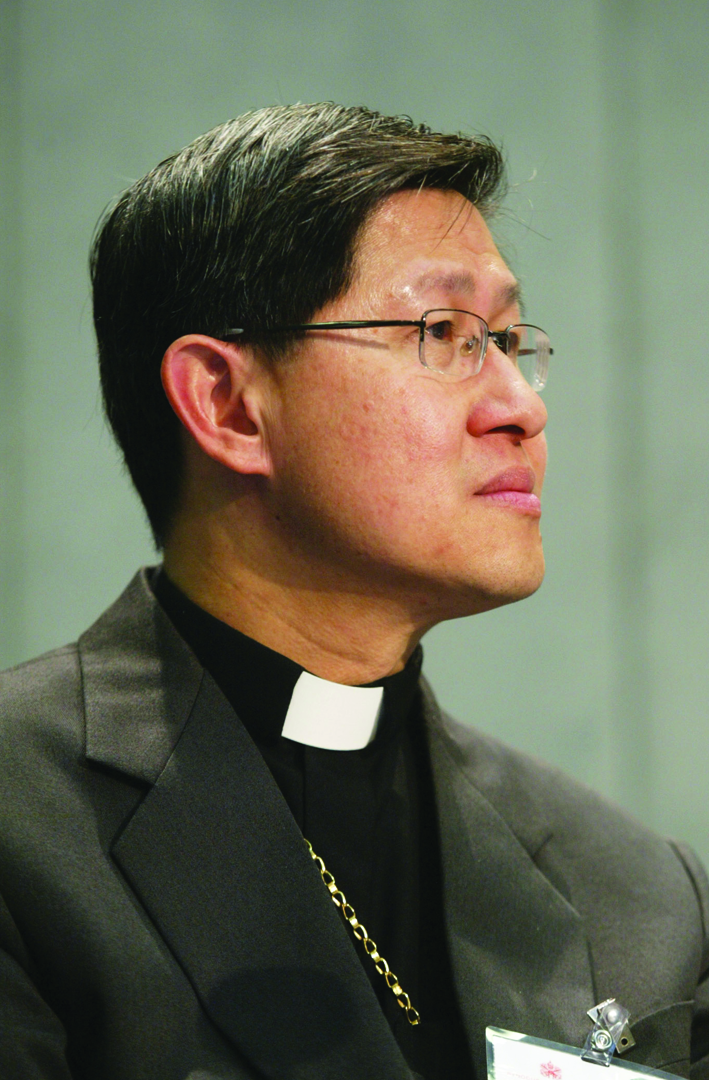
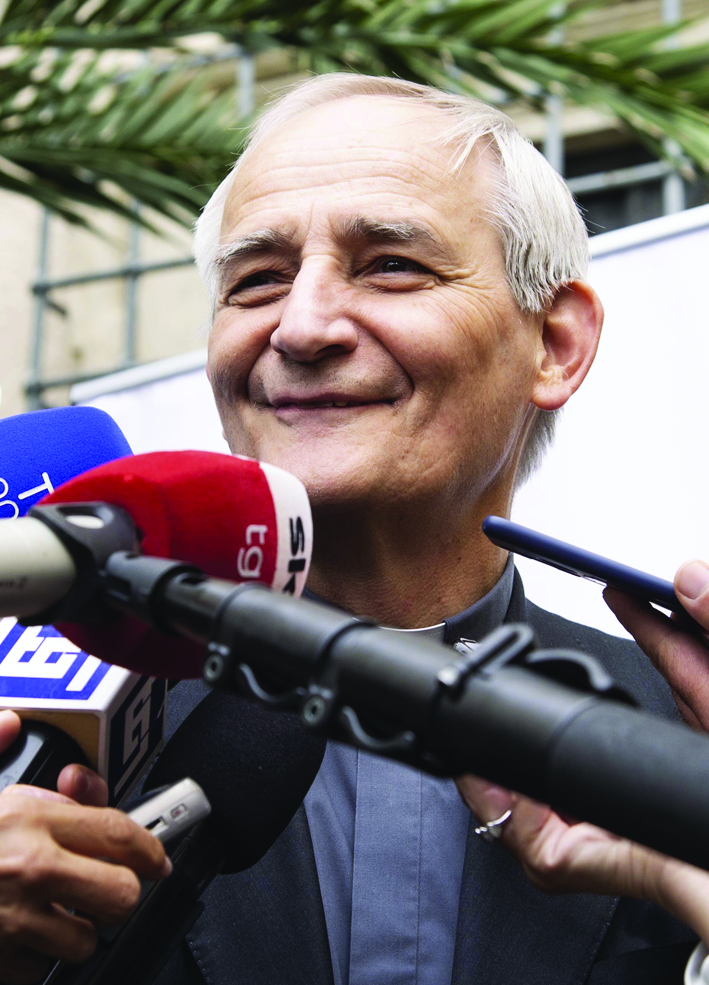
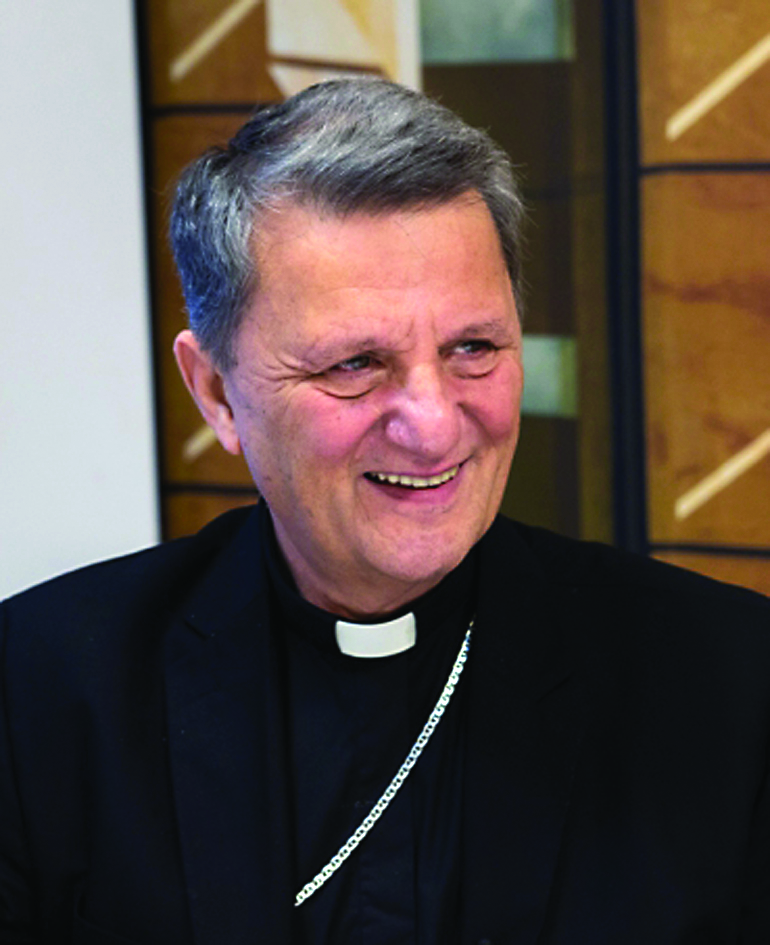

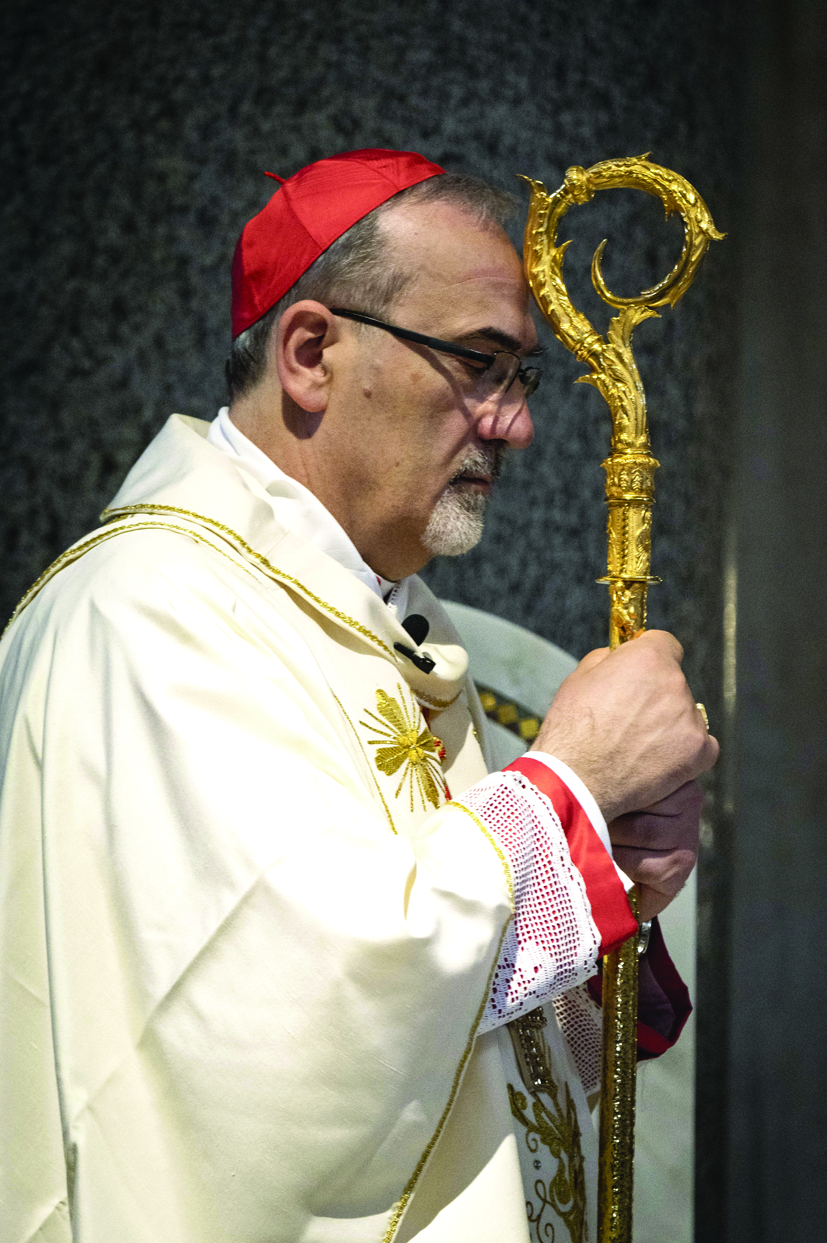




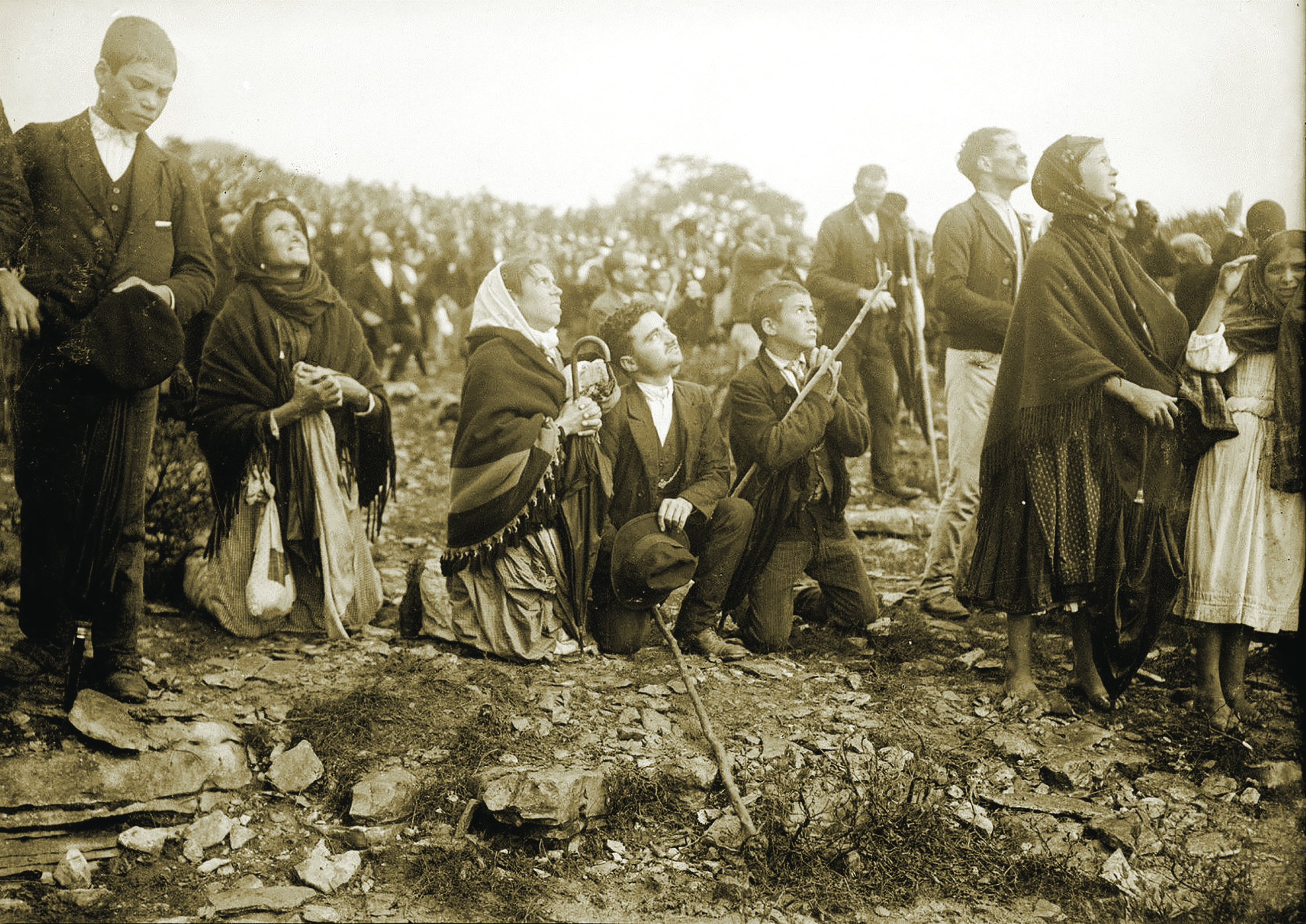
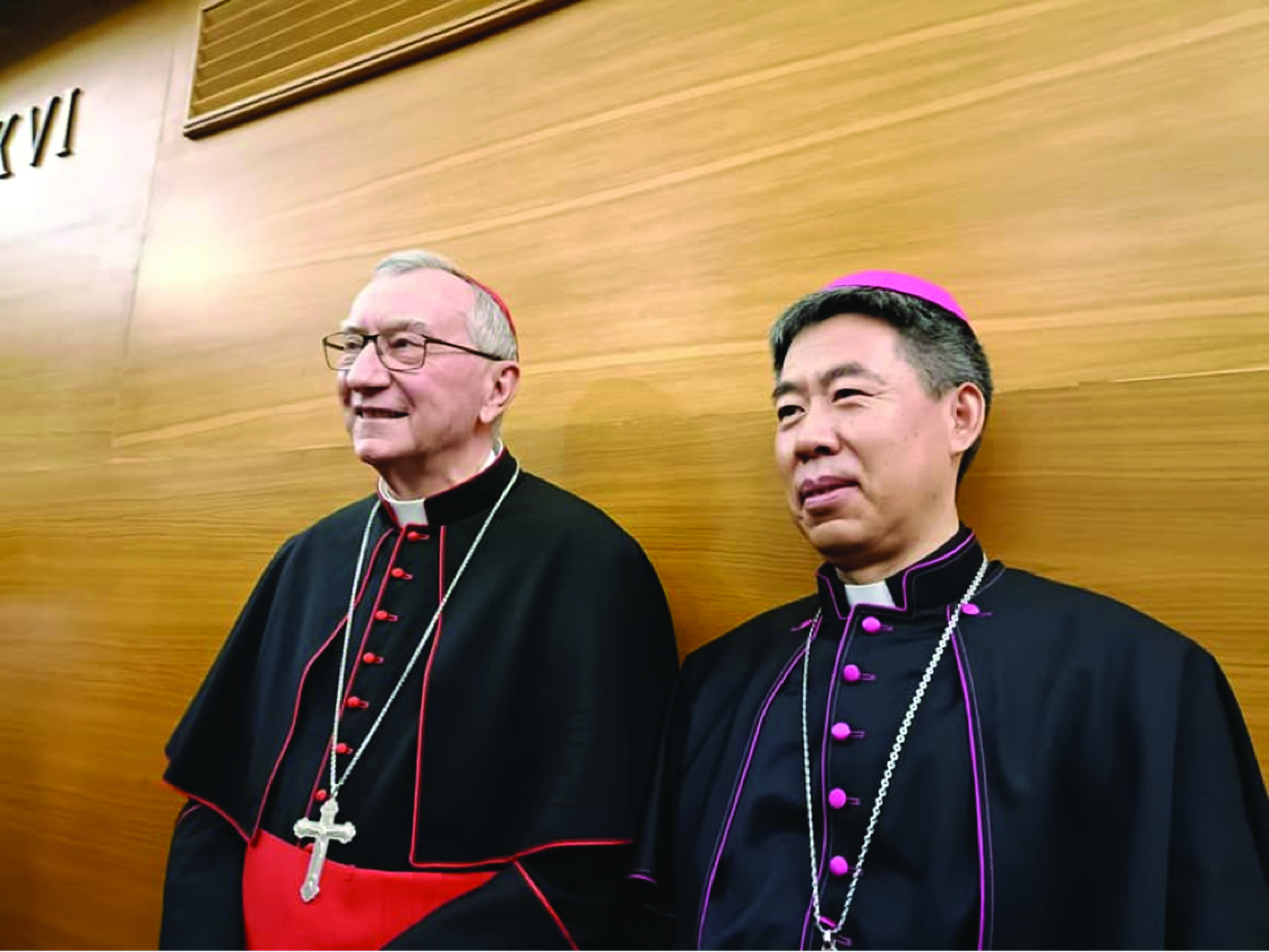
Facebook Comments